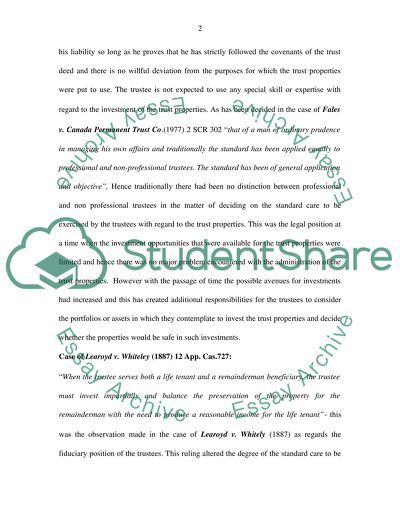Cite this document
(“EQUITY AND TRUST (LAW) Case Study Example | Topics and Well Written Essays - 1500 words”, n.d.)
Retrieved from https://studentshare.org/law/1533902-equity-and-trust-law
Retrieved from https://studentshare.org/law/1533902-equity-and-trust-law
(EQUITY AND TRUST (LAW) Case Study Example | Topics and Well Written Essays - 1500 Words)
https://studentshare.org/law/1533902-equity-and-trust-law.
https://studentshare.org/law/1533902-equity-and-trust-law.
“EQUITY AND TRUST (LAW) Case Study Example | Topics and Well Written Essays - 1500 Words”, n.d. https://studentshare.org/law/1533902-equity-and-trust-law.


